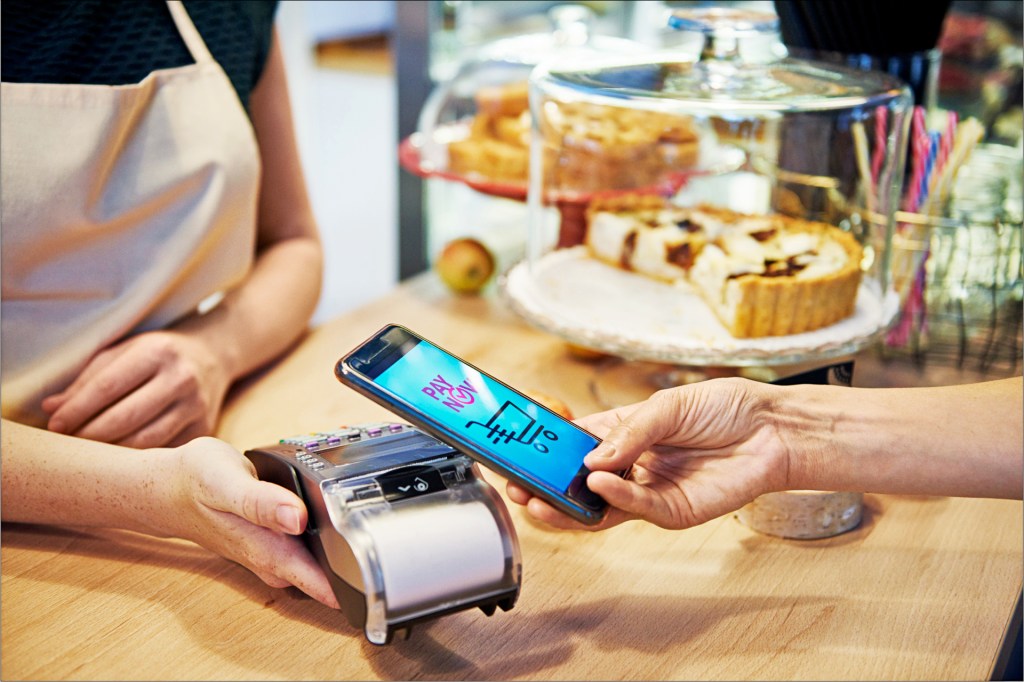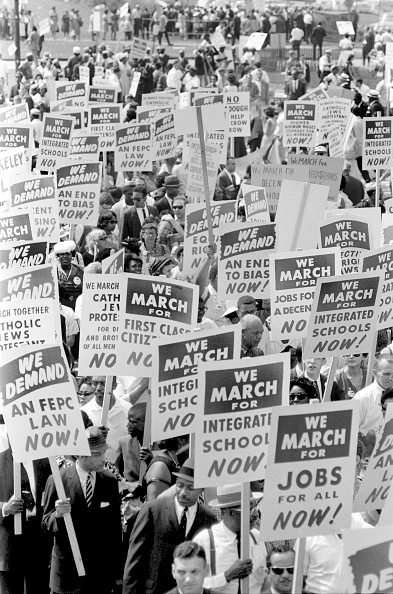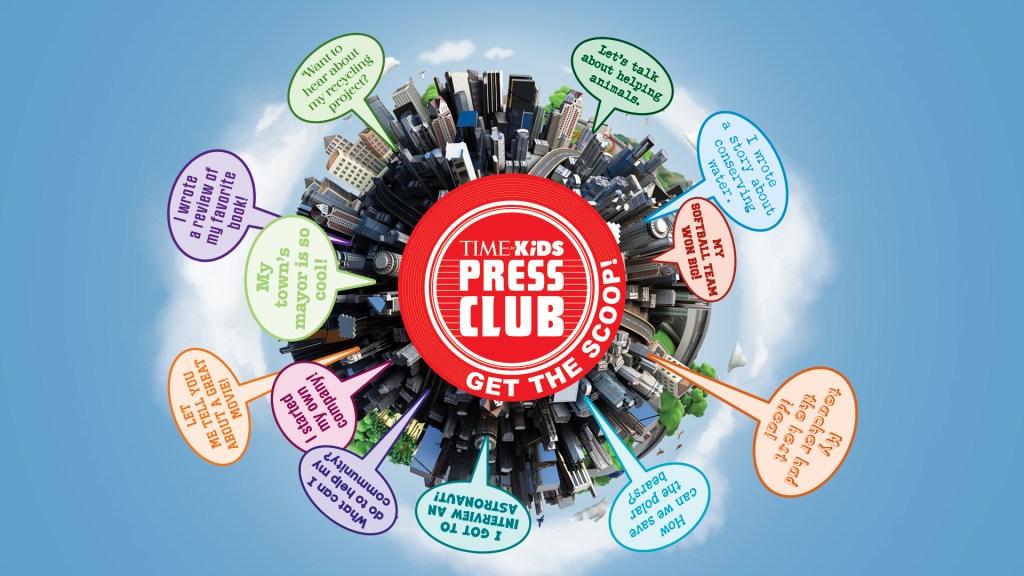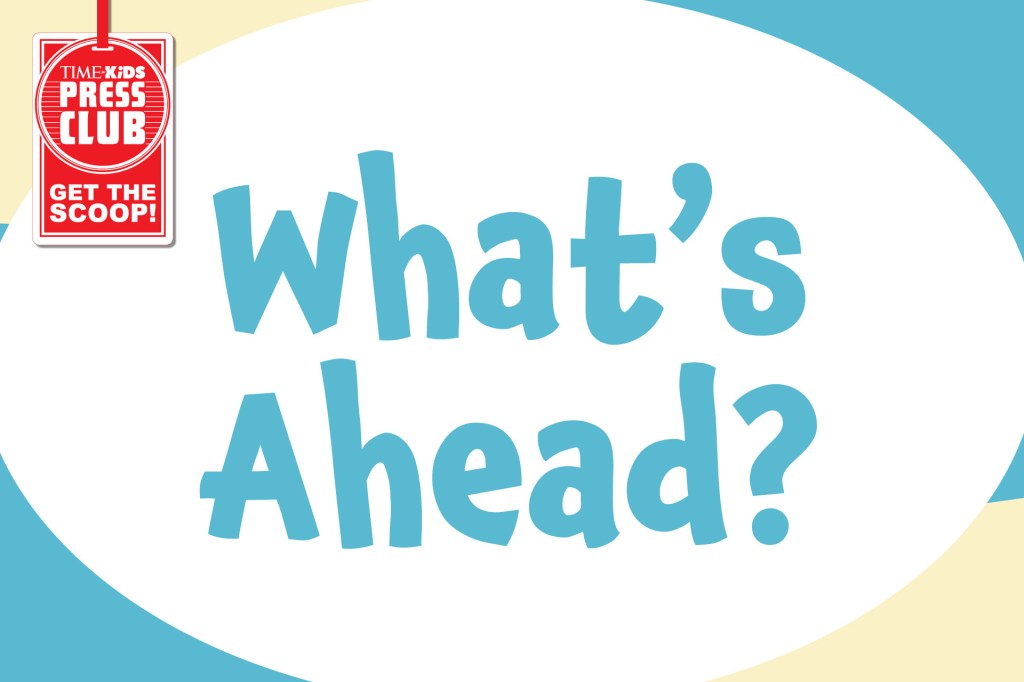Going Cashless

Picture this: After saving up your allowance, you finally have enough money to buy that toy, game, or piece of clothing you’ve been dreaming of. You go to the store and find the item. But when you get to the register to pay, you see a sign: “Hello! We’ve gone cashless.”
Situations like this may become common if more stores and restaurants stop accepting cash as payment. Instead, customers must pay with a credit or debit card, or by smartphone app.
Many business owners say that getting rid of cash has helped them streamline
streamline
 MOMO PRODUCTIONS/GETTY IMAGES
to simplify
(verb)
To streamline my morning routine, I lay out my clothes the night before.
the way their business runs. Staff members don’t have to worry about having enough money in the register to make change or about delivering bills and coins to the bank.
MOMO PRODUCTIONS/GETTY IMAGES
to simplify
(verb)
To streamline my morning routine, I lay out my clothes the night before.
the way their business runs. Staff members don’t have to worry about having enough money in the register to make change or about delivering bills and coins to the bank.
But a growing number of people say cashless stores are unfair. Some even say they should be illegal.
“It’s About Equity
equity
 UNIVERSAL HISTORY ARCHIVE/GETTY IMAGES
justice; fairness
(noun)
The 1963 March on Washington promoted racial equity in the United States.
”
UNIVERSAL HISTORY ARCHIVE/GETTY IMAGES
justice; fairness
(noun)
The 1963 March on Washington promoted racial equity in the United States.
”
According to the Federal Deposit Insurance Corporation, more than 8 million households in the United States don’t have bank accounts. Also, many people, including kids, don’t meet the requirements for a credit card.
“A cashless economy is not an inclusive
inclusive
 HUNTSTOCK/GETTY IMAGES
open to everyone
(adjective)
In order to be an inclusive business, the bakery installed a wheelchair ramp.
economy,” Tazra Mitchell told National Public Radio. She’s a policy director at the DC Fiscal Policy Institute. That’s in Washington, D.C. Mitchell says cashless stores are “essentially discriminating against people.”
HUNTSTOCK/GETTY IMAGES
open to everyone
(adjective)
In order to be an inclusive business, the bakery installed a wheelchair ramp.
economy,” Tazra Mitchell told National Public Radio. She’s a policy director at the DC Fiscal Policy Institute. That’s in Washington, D.C. Mitchell says cashless stores are “essentially discriminating against people.”
Plus, people who do have debit and credit cards might prefer paying with cash. “Cash is still very popular with consumers,” Nick Bourke told TIME for Kids. He’s a director at the Pew Charitable Trusts’ consumer finance project. “It’s used by almost eight in 10 adults in the U.S. every month. That’s more than any other payment type.”
Lawmakers in several places have taken steps to ban cashless stores. A handful of major cities—including New York City and Philadelphia, Pennsylvania—have already passed laws to address the issue. In San Francisco, California, a law banning cashless stores was passed in May. It says most stores in the city must allow customers to pay with cash.
Derek Remski helped write the San Francisco law. He works for the city. “It’s really about equity,” Remski says. “It’s about understanding that not everyone has equal access to things.”











